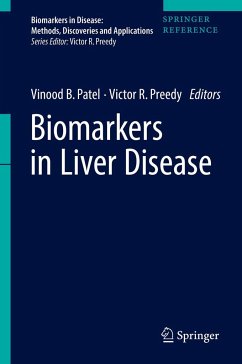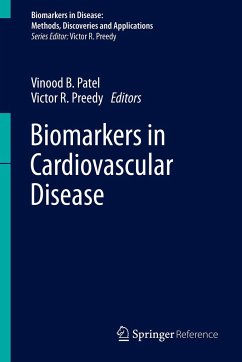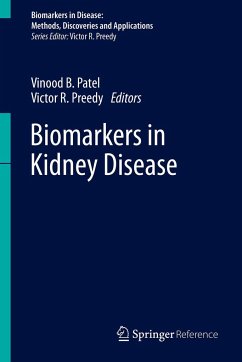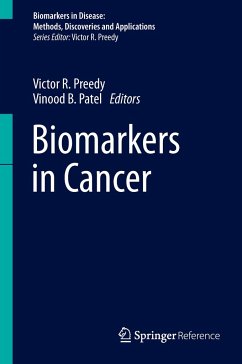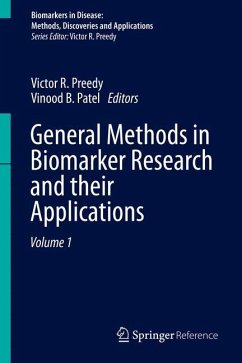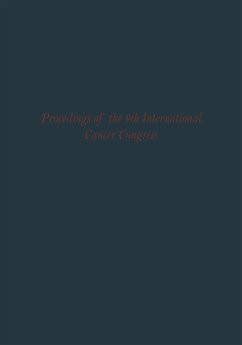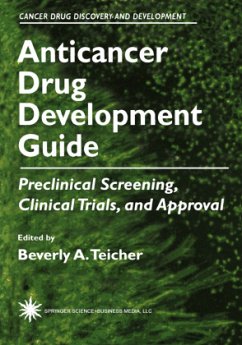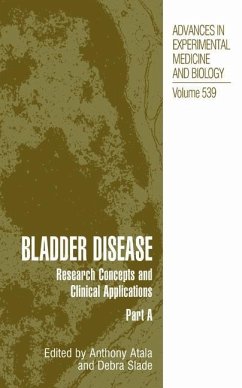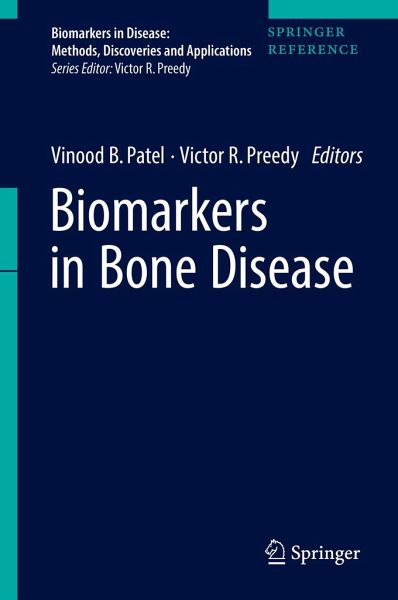
Biomarkers in Bone Disease
Versandkostenfrei!
Liefertermin unbestimmt
561,74 €
inkl. MwSt.
There are many conditions that affect the skeletal system. On a worldwide basis, osteoarthritis alone affects 10%-15 percent of those over 60 years of age and in some countries more than 30-50% of postmenopausal women will have osteopenia or osteoporosis. With the increasing ageing population, maintaining skeletal health is particularly important. Fractures in the aged, for example, can lead to premature deaths. It is therefore imperative that appropriate use is made of conventional, new and emerging biomarker platforms. Biomarkers in Bone Disease embraces a holistic approach by combining info...
There are many conditions that affect the skeletal system. On a worldwide basis, osteoarthritis alone affects 10%-15 percent of those over 60 years of age and in some countries more than 30-50% of postmenopausal women will have osteopenia or osteoporosis. With the increasing ageing population, maintaining skeletal health is particularly important. Fractures in the aged, for example, can lead to premature deaths. It is therefore imperative that appropriate use is made of conventional, new and emerging biomarker platforms. Biomarkers in Bone Disease embraces a holistic approach by combining information on different conditions that affect the skeletal system and the use of biomarkers. Biomarkers are described in terms of conventional, new and emerging analytes, techniques, platforms and applications. It covers the latest knowledge, trends and innovations. New platforms are described which combine advances in biomedical sciences, physics, computing and chemistry.




